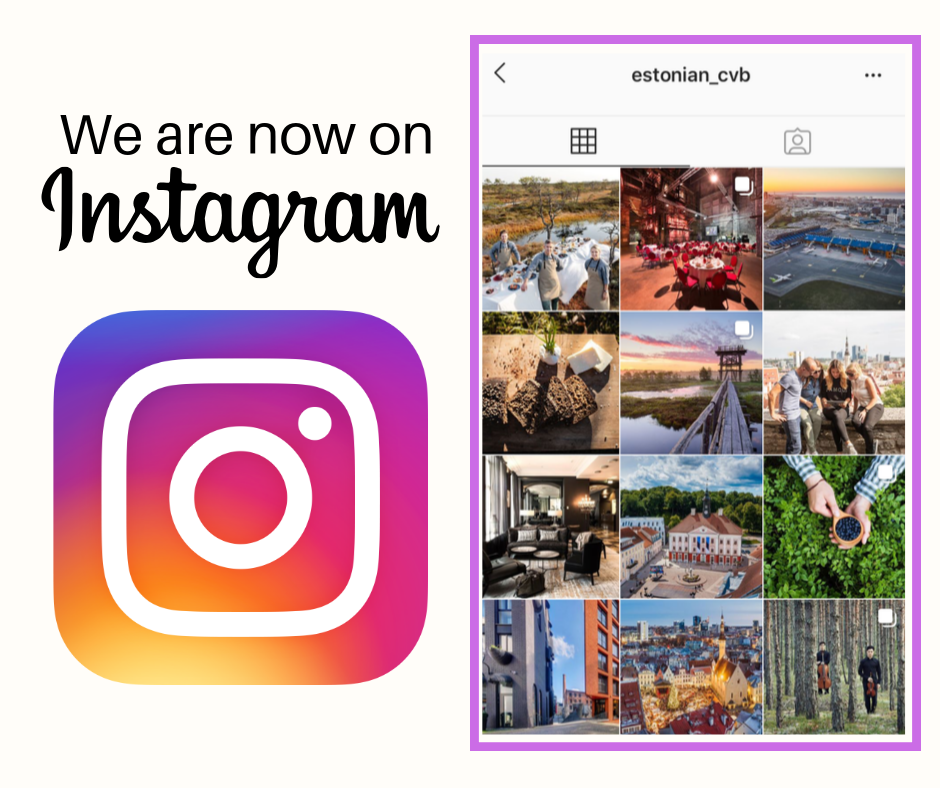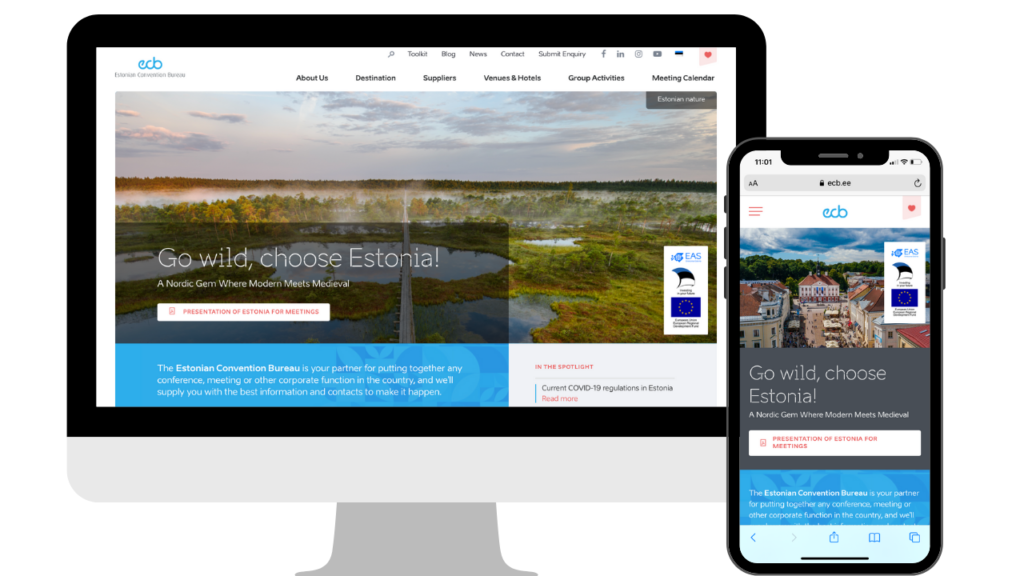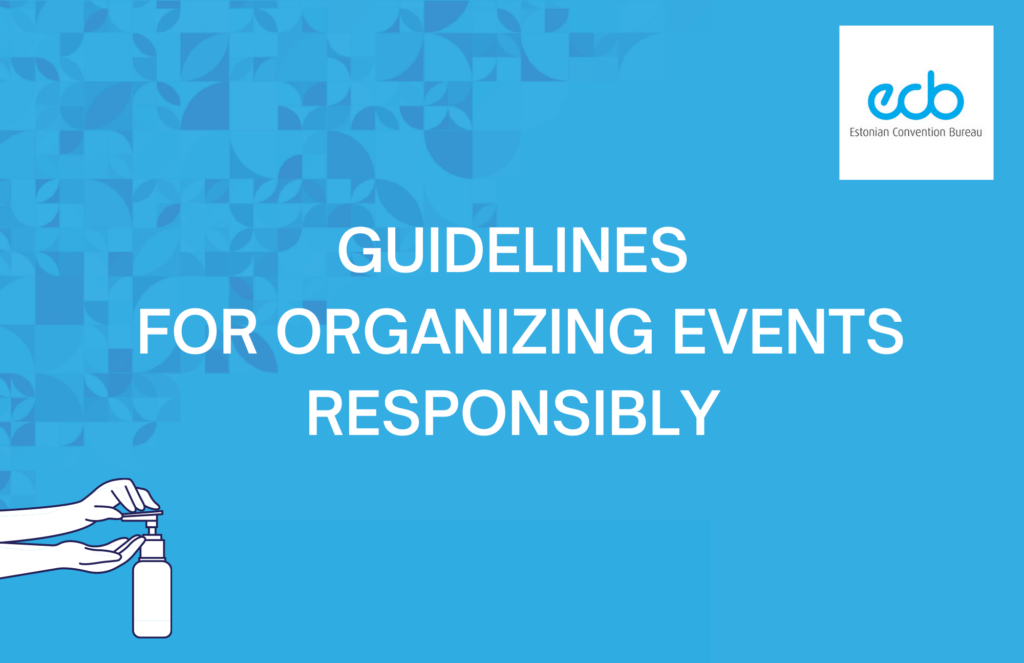Obligation to wear a mask to be extended to controlled indoor activities
The government today approved additional restrictions for curbing the spread of the coronavirus. A general obligation to wear a mask in public indoor spaces will be introduced in Estonia. This means that as of tomorrow, the mask obligation is also extended to controlled activities. Starting from Monday, people aged 12-17 will also have to present a COVID certificate to participate in controlled activities. As an exception, test certificates are also accepted in their case. COVID certificates will only be valid together with an identity document. As of 1 November, public events and activities must end at 23:00. Additionally, the government supported a weekly monitoring testing of students of general education and vocational schools.
Obligation to wear a mask to be extended to controlled indoor activities
As of tomorrow, 29 October, the obligation to wear a mask will be extended to all controlled indoor activities and locations. The obligation to wear a mask applies to everyone who is at least 12 years old.
The obligation to wear a mask will apply to the following indoor spaces and activities: adult recreational activities and education, continuing professional training and refresher training, conferences, theatres, concerts and cinemas, entertainment services, museums, exhibitions and public spaces in restaurants. Masks must also be worn during public meetings and other events taking place indoors. In public spaces, masks must be worn when engaging in sports, training, participating in sports competitions and sports and exercise events, but also in saunas, spas, pools, water parks and swimming baths. Masks are not required when engaging in activities that render wearing them impossible, for instance, direct exercise and when in contact with water, but also dining at a restaurant.
If wearing a mask is contraindicated due to a health reason, the person must prove it with a respective note from their doctor. Due to the aerosol dispersion of the Delta variant of the coronavirus, it is strictly recommended to wear medical or equivalent protective masks.
Employees are exempt from the obligation to wear a mask if their employer has set forth another method of stopping the spread of the coronavirus in their work environment risk analysis.
People aged 12-17 required to present a COVID certificate or test certificate when participating in controlled activities
As of 1 November, people aged 12-17 (included) will also be required to present a COVID certificate in order to participate in controlled activities. In addition to a certificate of vaccination or recovery from the disease, minors can also submit a negative result of a PCR or rapid antigen test to participate in events and activities. The PCR test must be done no more than 72 hours and the rapid antigen test no more than 48 hours before the event and by a professional healthcare service provider. Additionally, the results of rapid antigen tests taken in a general pharmacy are accepted. In addition to vaccination or recovery certificates, minors can also use test certificates, as they were given the opportunity to vaccinate much later than adults.
Minors do not have to present a COVID certificate when participating in extracurricular activities, youth work, professional training and refresher training or when engaging in sports and exercise. In all of these fields, children and young people are subjected to the same testing, close contact and self-isolation procedures as in schools.
People who are at least 12 years of age must present a COVID certificate in theatres, concert halls and cinemas, when receiving entertainment services, visiting museums and exhibitions, dining in restaurants, but also in saunas, spas, water parks, etc.
People aged 18 and older are required to present a vaccination or recovery certificate as before.
COVID certificates only valid with ID
As of 1 November, people who wish to participate in organised events and activities must also present an ID with their COVID certificate. This means that event organisers will also have to identify people when checking their COVID certificates. To date, patrons were only asked to present an ID in the case of reasonable doubt.
Public events and activities must end by 23:00
As of 1 November an opening hours restriction is introduced to public indoor spaces between 23:00-6:00. The restriction does not apply to the opening hours of stores, service providers and catering establishments selling takeout.
The restriction mainly affects lounges and nightclubs, bars and other entertainment and leisure establishments. Cinemas, theatres and concert halls, museums and exhibition venues must close their doors to people seeking on-site entertainment. The restriction also applies to water parks, spas, public saunas, pools, etc. Sports competitions and events must also end by 23:00.
The Government Communication Unit will publish the order and the explanation of today’s decisions at kriis.ee.
Additionally, members of the government considered it necessary to recommend cancelling all major events in the public sector that are not absolutely necessary until 10 January.
The additional guideline by the members of the government is related to the objective of boosting the vaccination levels in government and state institutions and legal persons governed by private law managed by the state to 90%. All of the local governments and related institutions must also aim towards the same goal.
Monitoring testing in schools
In order to disrupt the spread of the coronavirus in schools as quickly as possible, the government also supported Minister of Education and Research Liina Kersna’s proposal to commence weekly monitoring testing in general education and vocational schools.
Source: Estonian Government

Marketing Manager
Posted: 29.10.2021
Categories: News


